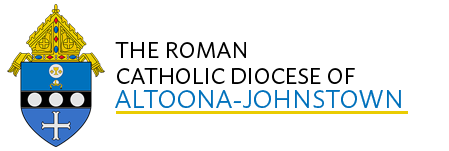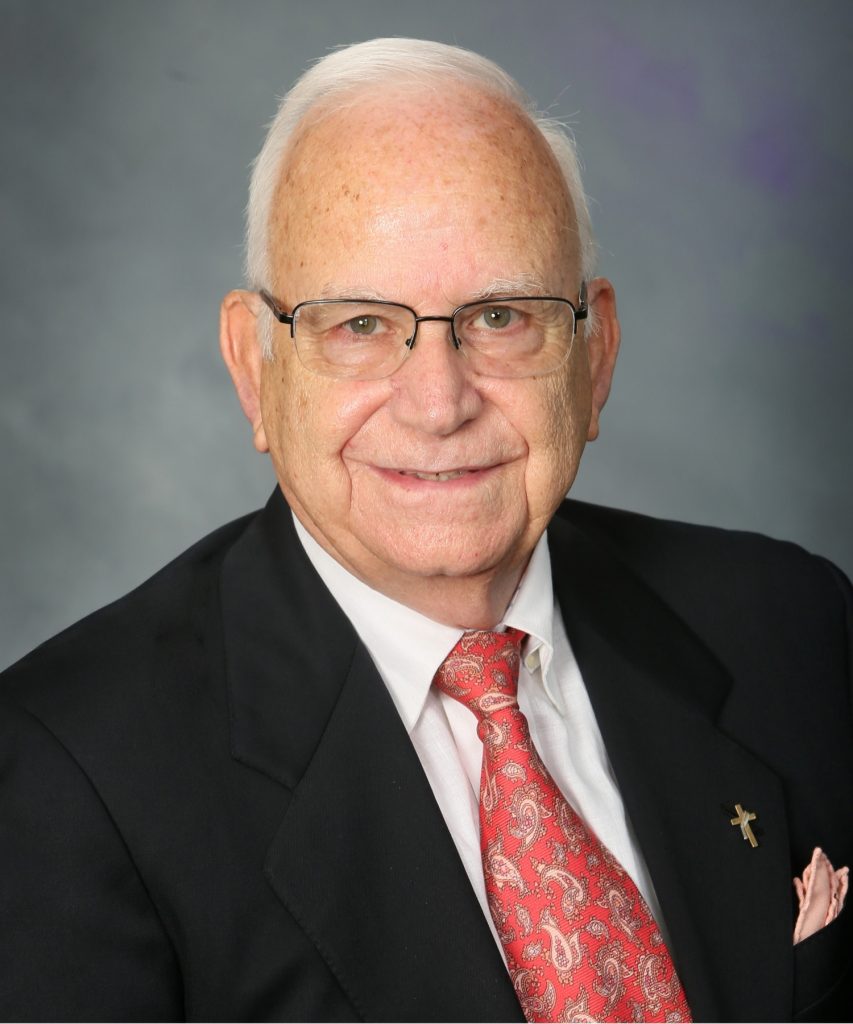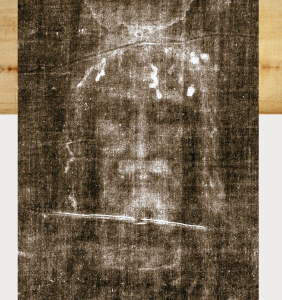Lay Ecclesial Ministry
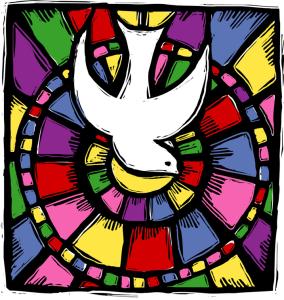
The Lay Ecclesial Ministry formation program seeks to form laity to assist in roles in their parishes through a formal catechetical structure requiring a commitment of two years. Through theological education, study, prayer, reflection, communication, and group dynamic skills, the “LEM” process affirms the gifts of the participants who want to glorify God and serve God’s holy people by fostering a deeper appreciation of the baptismal call of the faithful to service in the Church.
Participants who successfully complete the two-year formation process earn a Diocesan certification in Basic Lay Ecclesial Ministry. Those who continue for a third year in a specialized ministry track will earn the Diocesan Advanced Lay Ecclesial Ministry Certification. Specialized tracks include Christian Initiation, Liturgical Foundations, Hospital Ministry, Master Catechist, and Advanced Bible Study.
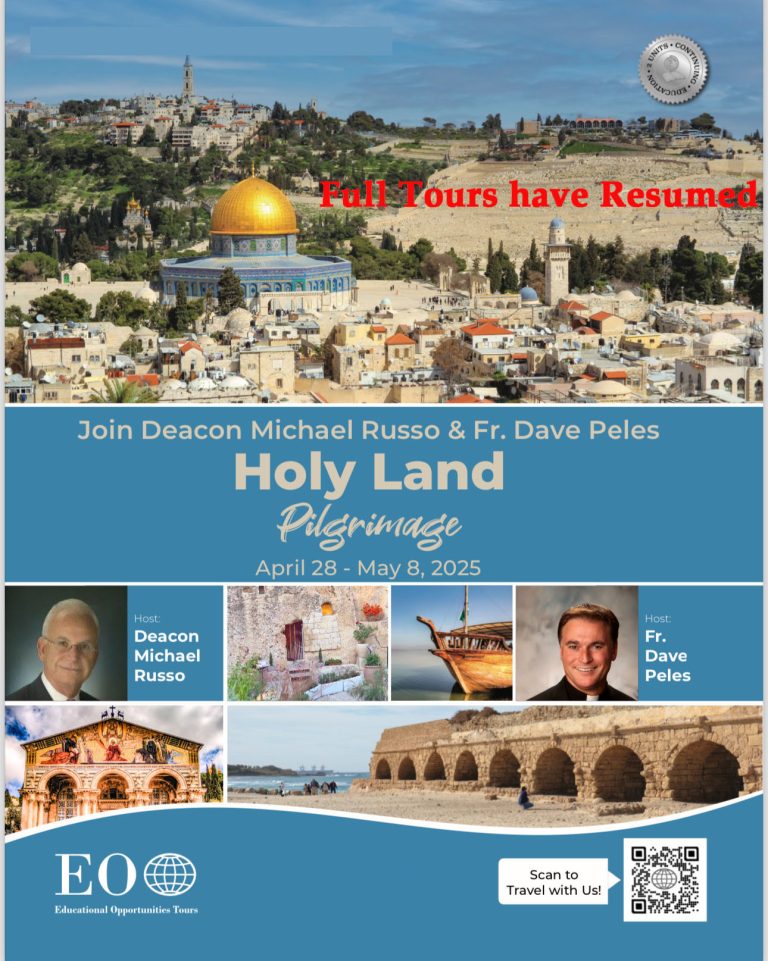
2024-25 Class Schedule
Christian Prayer & Spirituality
Exploring both traditional and contemporary expressions of Christian prayer and spirituality. Participants will study the Spiritual Exercises developed by Saint Ignatius of Loyola, which is a compilation of meditations, prayers, and contemplative practices to help one deepen their relationship with God. Also the practice of Lectio Divina – Latin for “sacred reading” – a method of prayer and spiritual reading to help discover God’s will in all things.
Registration closes on September 26, 2024
Old Testament
This course introduces participants to some of the major features of the Old Testament: the Bible in history and history in the Bible; he Torah, the heart and soul of the Old Testament; the book of Genesis, Prophetic literature – Isaiah and his companions, the word of David; wisdom literature, and prayer in the Old Testament.
Registration closes on September 26, 2024
Advanced Courses
Hospital Ministry
Patient Visitors are usually laypersons who have a desire to grow spiritually through serving the sick in the hospital. The goal of hospital ministry is to provide patients and families an experience of a safe, listening environment through which spiritual, emotional, and physical healing can occur.
This course prepares volunteers to be good listeners; to be broad-minded people capable of “being with” patients in physical or emotional distress. Participants will be instructed in ministry and visit basics, listening, feelings, the Theology/Spirituality of Suffering, end of life issues, grief and losses, cultural issues, prayer, setting boundaries, crises theory, and other challenges that patients face and how best to minister to them, their families, and their friends.
The Four Constitutions of Vatican II
The documents of Vatican II are the most important documents written about the church in the past four hundred years. Unfortunately, very few people have read them. This five-session lecture course begins with a basic understanding of what an Ecumenical Council is, the events leading up to Vatican II, and what took place during the council. In addition, the course presents an overview of the four major Constitutions: Sacrosantum Concilium, Lumen Gentium, Dei Verbum, and Daudium et Spes.
Understanding the major documents of the Second Vatican Council will enhance each participant’s knowledge of the teachings of the Church and provide a new appreciation for how the Holy Spirit is very much alive and working in the Church today.
Patrology
This course discusses the lives and writings of the Fathers of the Church. It provides a study of the major events of the internal and external history of the Church and the establishment and expansion of the Church. Other included topics are martyrdom, monasticism, patristic exegesis, and the early Christological and Trinitarian controversies.
Sacred Scripture Revisited and Synoptic Gospels
A theological examination of the biblical record of God’s saving interaction with His people through His Word, Jesus. A general introduction to the Scriptures through an analysis of their forms and content. Some emphasis will also be given to biblical scholarship, the nature of exegesis hermeneutics, and literary tools for biblical study
The Covenants of the Bible
One of the most valuable “keys” for opening up the theological significance of the Bible – of the whole of the story of the People of God – is the concept of Covenant. This course presents a survey of the Covenant with Adam and Eve, the Covenant with Noah, the Covenant with Abraham, the Covenant with Moses, the Covenant with David, the “New Covenant”, and “The New Testament”.
The Prophets
This course is an overview of the phenomenon of biblical prophecy within its historical, social, and cultural settings, and considers the various ways of categorizing prophets in the Jewish and Christian traditions.
With Jesus Through the Holy Land: The Via Dolorosa
An in-depth look at the suffering of Christ through the lens of the Via Dolorosa – The Way of the Cross – in Jerusalem. Participants will learn about the Roman practice of crucifixion and walk with Jesus from the Garden of Gethsemane to the Cross. Each Station along the Via Dolorosa will be viewed and discussed as history is brought to the current day.
Mariology
Mary was about 13 years old when the angel Gabriel came to her with incredible and unexpected news: that she would have a child, a son, and that He would be the Messiah. This eight-week study of Marian theology begins with devotion to Mary, Mary in Sacred Scripture, the development of the Virgin Mary’s image, and devotion from her descriptions in Sacred Scripture to the documents of Vatican.
The Writings of John
This course considers the theology and spirituality of the church as expressed in the fourth Gospel. Attention is given to the theological and cultural setting of John’s Gospel, as well as the principle images and themes concerning Jesus and the Church found in the Gospel. The special vocabulary and spiritual program of John will be considered. Literary, structural, and theological topics are also to be examined, as well as the position of the Johannine Church in the early Christian community.
Wisdom Literature
This course is a study of biblical Wisdom Literature and selected Psalms, with a focus on their underlying message and the literary contribution of ancient Israel to world literature. The course will also present a careful study of the literary character and theological themes in the Book of Psalms
Praying With Icons
Icons are not simply art; they are a way into contemplative prayer, and are therefore one way to let God speak to us. This course focuses on the Festal Icons – the major events in the life of Christ and the Theotokos – and the Sacred Scripture that speaks to us through the sacred images.
Catechesis on the Holy Mass - Pope Francis
Introduction
Through the Eucharist We Receive God
General Audience: November 15, 2017
Mass is Prayer
General Audience: November 22, 2017
The Mass is the Memorial of the Paschal Mystery of Christ
General Audience: December 13, 2017
Why Go to Mass on Sundays?
General Audience: December 20, 2017
Introductory Rites
General Audience: January 3, 2018
Penitential Rite
General Audience: January 10, 2018
Gloria and Collect
General Audience: January 31, 2018
The Liturgy of the Word
General Audience: February 7, 2018
The Gospel and Homily
General Audience: February 14, 2018
The Creed and Universal Prayer
General Audience: February 28, 2018
Liturgy of the Eucharist
General Audience: March 7, 2018
On the Eucharistic Prayer
General Audience: March 14, 2018
The Our Father and the "Breaking of the Bread"
General Audience: March 22, 2018
On Communion, Culminating Moment
General Audience: April 4, 2018
